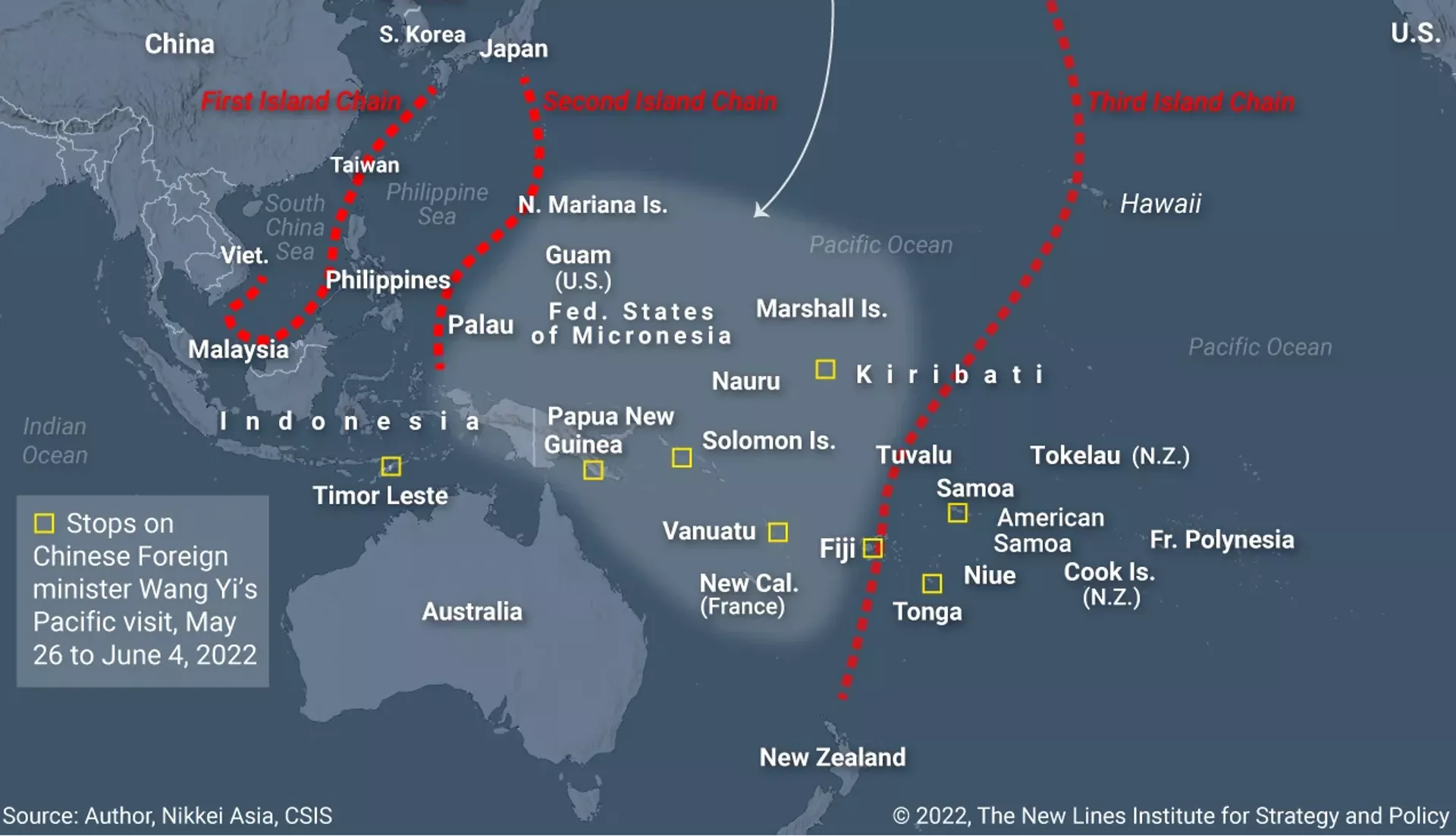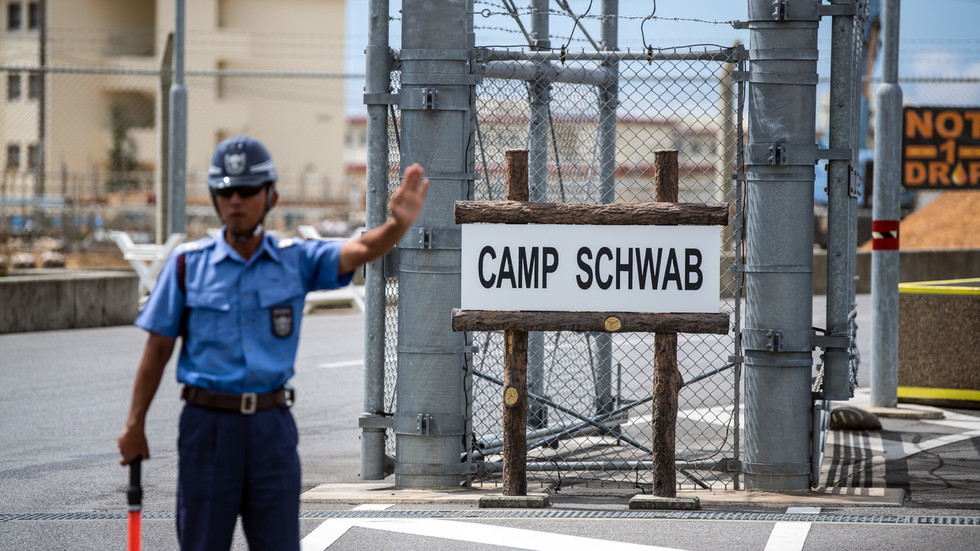The US defense secretary's Fiji trip signals “a clear shift of the Fiji Islands from being pretty much pro-China to being pro-US, pro-Australia and New Zealand,” Hong Kong-based international affairs and economics observer Angelo Giuliano told Sputnik, commenting on the country's gradual pivot toward Washington.
“Fiji used to have a security agreement with China,” Giuliano recalled, referring to the 2011 memorandum between China’s Ministry of Public Security and the Fijian Ministry of Defense, National Security and Policing, which allowed Fijian police to receive training in China, and for Chinese officers to be deployed on the islands.
In late 2022, elections forced Fiji’s China-friendly PM out, replacing him with Sitiveni Rabuka, a retired major general who instigated or was involved in four separate coups between 1987 and 2006.
Rabuka “was backed by the US and probably funded by the US. They helped him to get into power. And right after that what he announced was a clear shift of policy going from being pro-China to being pro-US,” Giuliano said, referencing the new PM’s push to rethink the policing deal, and claims the South Pacific could be “destabilized” by China’s “unwarranted influence.”
“China did not try to influence the politics within Fiji because it goes against China’s philosophy” of “noninterference in other countries’ affairs,” Giuliano said, recalling that the PRC’s approach is grounded in engaging nations through trade.
US efforts to force Fiji to pivot toward Washington are designed to further American control of the Pacific, but aren’t as concerning to China as tensions over the Philippines, Taiwan, etc., the observer believes.
“Fiji is quite far. I think it’s just about the US having their hands on a new potential military base in Fiji. It’s just the way they do it. The more bases they have around the world, the more they think that they can hold on to power,” Giuliano summed up.
Washington's push to maintain hegemony in the South Pacific is linked to its longstanding efforts to keep other powers from challenging its dominant standing in the broader Pacific region, and to set up a series of "island chain" defenses aimed at containing China's naval capabilities, with Fiji situated smack dab in the middle of the so-called "third island chain."
© Photo : New Lines Institute for Strategy and PolicyExcerpt from New Lines Institute for Strategy and Policy map showing the East Asian and Pacific Island nations at the faultlines of the US's so-called 'Island Chain Strategy', designed to hem China in militarily and commercially in its home shores.

Excerpt from New Lines Institute for Strategy and Policy map showing the East Asian and Pacific Island nations at the faultlines of the US's so-called 'Island Chain Strategy', designed to hem China in militarily and commercially in its home shores.
© Photo : New Lines Institute for Strategy and Policy
Sputnik recently documented US efforts to dislodge another China-friendly government - using a campaign of election influence in the Solomon Islands through the US Agency for International Development. Like Fiji, the Solomon Islands' government ran afoul of US strategy and plans for the region by signing a security pact with China in 2022. The China-friendly government survived the vote and successfully formed a new governing coalition.

 1 month ago
18
1 month ago
18







 We deliver critical software at unparalleled value and speed to help your business thrive
We deliver critical software at unparalleled value and speed to help your business thrive






 English (US) ·
English (US) ·